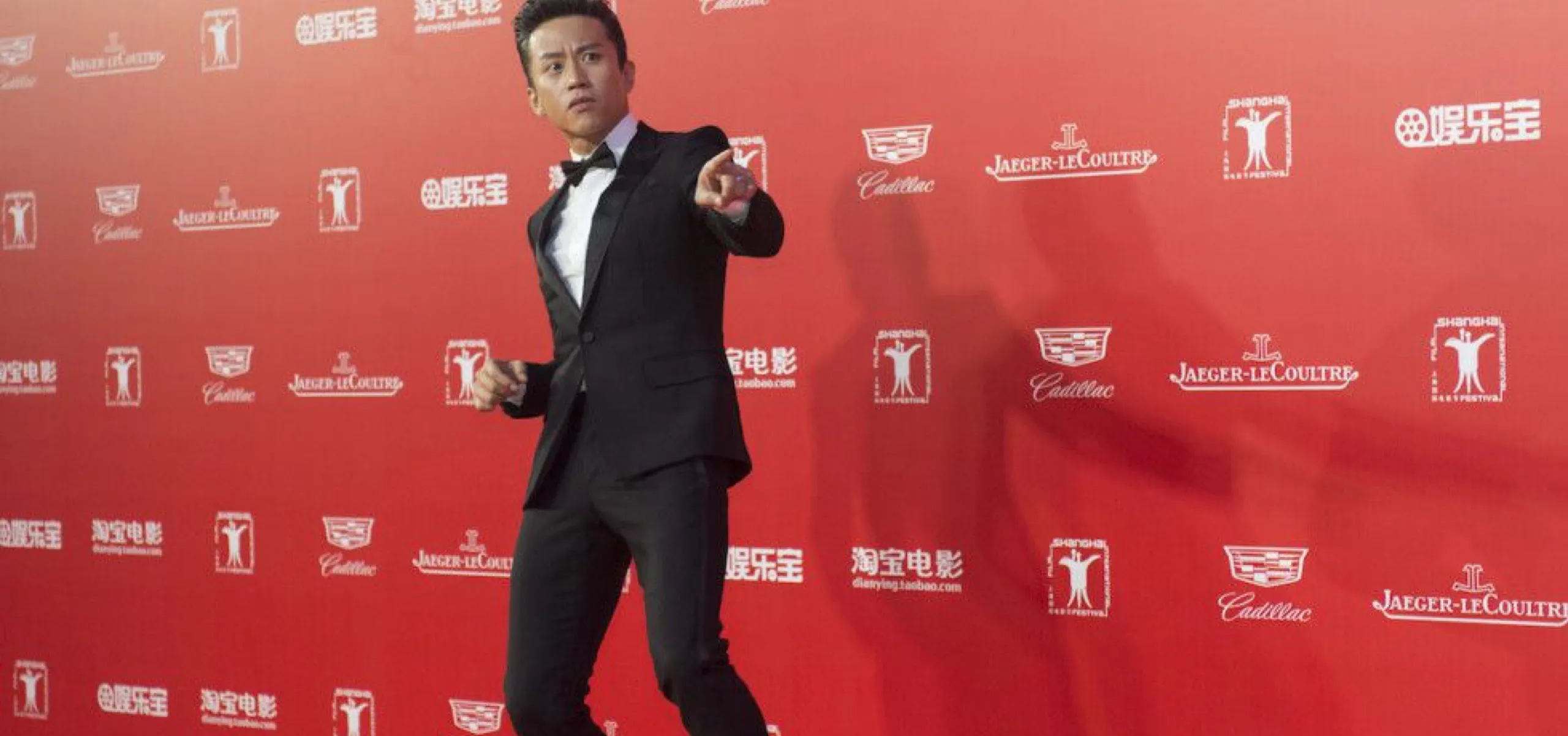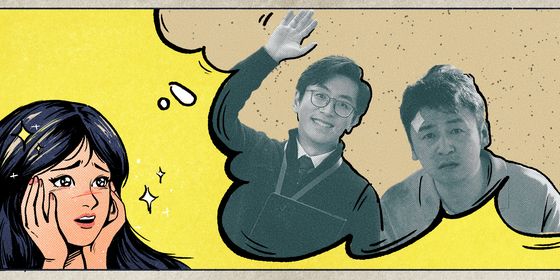Instead of blaming themselves for their shortcomings, netizens are taking aim at the "unevenness of the world"
Imagine a scenario when you exert all of your energy singing along to your favorite song, but the off-key grunting that comes from your mouth sounds more like the engine of a broken vehicle than the angelic tones you imagined. Listening to the beautiful sound of the original singer, you sigh in disappointment. At this time, an elegant way to express your frustration at the gap between their talent and your own is to say: “I felt the unevenness of the world (我感受到了世界的参差 Wǒ gǎnshòu dào le shìjiè de cēncī).”
The recent viral phrase, “the unevenness of the world (世界的参差 shìjiè de cēncī),” emerged from the popular reality TV show Produce Camp 2021 which premiered in February this year. In the show, a total of 90 contestants, known as “trainees,” from China, Thailand, Japan, Russia, and other countries competed against each other to be part of a new 11-member boy band. But the phrase that has stuck in netizens’ minds was used by Deng Chao, a Chinese actor, comedian, and singer, who was a tutor and judge on the show.
Deng was struck by the highly professional dance and singing skills of the show’s non-Chinese trainees, and the sub-par ability of some of the Chinese contestants. But rather than directly criticize the Chinese contestants or comparing them unfavorably to the foreigners, Deng chose to say in an interview: “This competition is very well formulated, allowing us to see the unevenness of the world (我觉得你们这个赛制制定的很好,让你们看到世界的参差 Wǒ juéde nǐmen zhège sàizhì zhìdìng de hěn hǎo, ràng nǐmen kàndào shìjiè de cēncī).”
Deng’s euphemistic phrasing amused viewers of the show. 参差 (cēncī), which means uneven or irregular, is a formal word that is rarely used in spoken language. Netizens praised Deng’s artfulness of speech and have taken to using the expression ironically to refer to all manner of their own shortcomings.
For example, one online comment on Weibo reads: “Some students have already received offers from top universities, while I’m still struggling through my midterm examinations. Is this the unevenness of the world (有的人已经拿到了顶尖大学的录取通知书,而我还在期中考试中挣扎。这就是世界的参差吗 Yǒude rén yǐjīng nádàole dǐngjiān dàxué de lùqǔ tōngzhīshū, ér wǒ hái zài qīzhōng kǎoshì zhōng zhēngzhá. Zhè jiù shì shìjiè de cēncī ma)?”
Another netizen writes: “Some people are still worrying about the down payment for a house, while others already own four or five properties. This is the unevenness of the world (有人还在烦恼房子的首付,有人已经手握四五套房产。这就是世界的参差 Yǒurén hái zài fánnǎo fángzi de shǒufù, yǒurén yǐjīng shǒuwò sì-wǔ tào fángchǎn. Zhè jiù shì shìjiè de cēncī ).”
Using “the unevenness of the world” can convince one that the gaps in talent, wealth, or lifestyle with others are the fault of nature, making these discrepancies less discouraging. Or, at the least, it provides a more elegant and gracious way to convey dismay at a lack of ability. After all, what you lack in singing skills maybe you can make up for in poetic turns of phrase.













